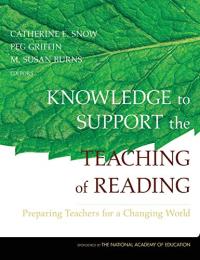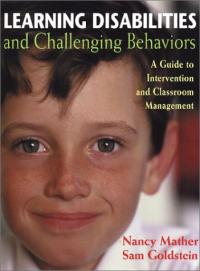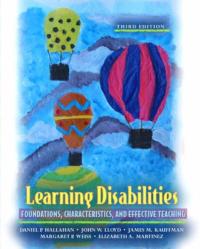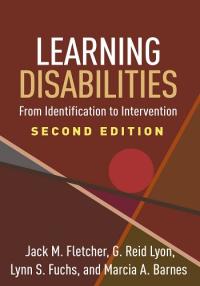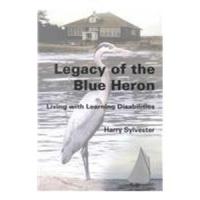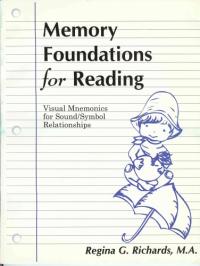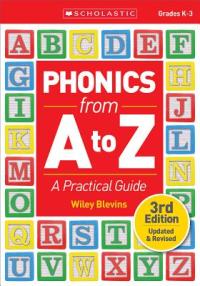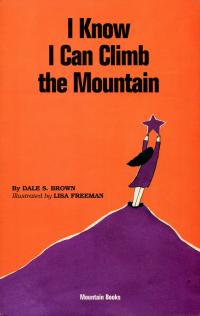
I Know I Can Climb the Mountain
This anthology of poetry is organized to show the experience of a person who takes charge of her own life despite difficulties and challenges. Fifty-three poems and three short stories describe the experience of growing up. The author, a women who wrote these poems during her childhood and teenage years, experienced a difference currently called by many names; specific learning disabilities, attention deficit hyperactivity disorder, and dylexia. She was in an ordinary class and received virtually no help for the challenges she experienced due to her handicaps.The poetry was published in journals of poetry, newspapers, and magazines when she was a teenager. Mountain Books asked the author to organize these poems into an anthology because the publisher believed they should be shared with today’s readers. They inspire and emmpower all people who have stuggled to overcome these difficulties. They sensitize parents and teachers who work to help children and adults who struggle. They show personal growth and encourage the reader to take responsibility for their own actions and experiences.
